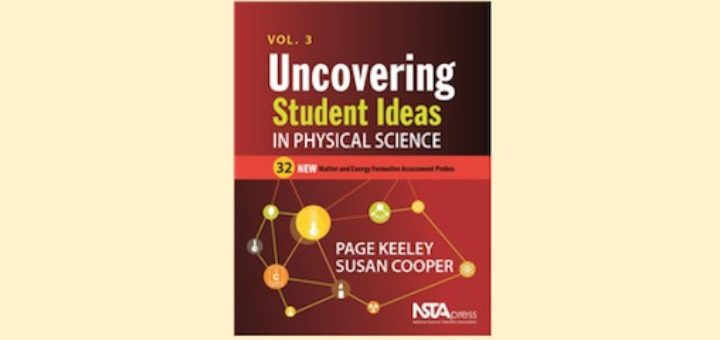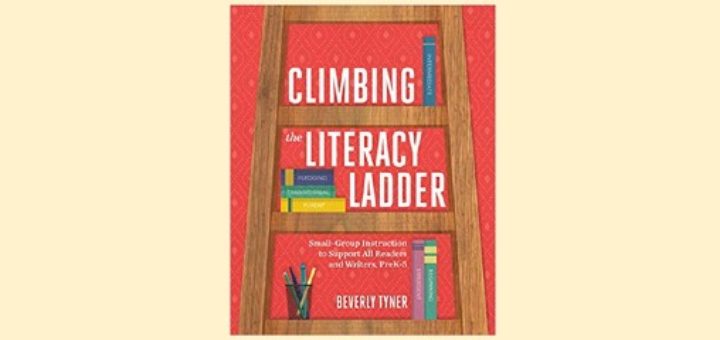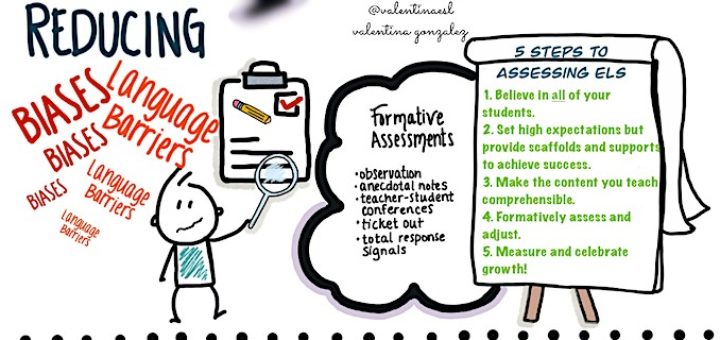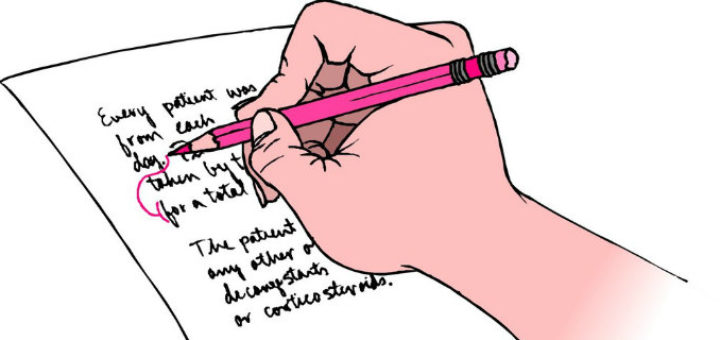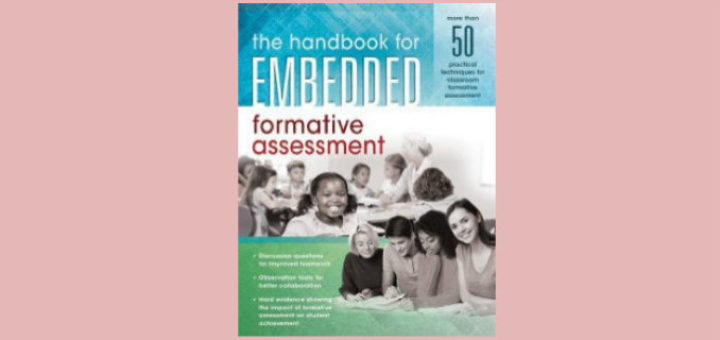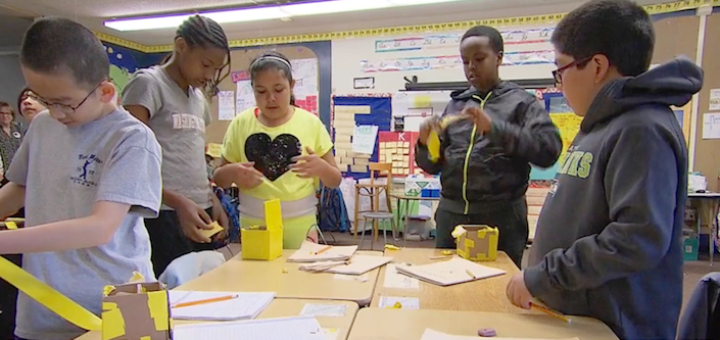Tagged: formative assessment
These 32 formative assessment probes, designed by leading authority Page Keeley, are carefully chosen, researched, worded and explained to give students a strong understanding of key underlying concepts in physical science, writes science educator Dr. Laura Von Staden.
In Climbing the Literacy Ladder Beverly Tyner offers a practical book with ready-to-implement ideas for grades PreK-5, including support for upper elementary teachers with early readers. Intermediate literacy coach Pam Hamilton recommends it as a versatile go-to resource.
Grading never goes away. But what if we approach it as a form of personal PD? Teacher Lauren Brown traces how a history assignment evolved over four years as she paid close attention to what stymied her 8th graders and adapted her instruction to support their learning.
Teachers need to learn what our students know and understand, but assessment can be difficult if language is a barrier for English learners. EL specialist Valentina Gonzalez offers tips to recognize unconscious bias, support learning with formative assessment, and more.
Even if we don’t yet teach in a grade-less utopia, there are steps teachers can take to become more accurate and equitable in our grading policies. Cheryl Mizerny shares steps toward fairer grading: eliminate zeroes, avoid extra points, don’t grade homework, and more.
Formative assessment can be fun. Yes, FUN, writes teacher Cheryl Mizerny. How to turn all those frequent checks for understanding into activities students can enjoy? Cheryl shares her go-to’s, both tech enhanced and tech free. Why not give Incredible Shrinking Text a try?
During classroom discussion, paired Think Times provide a break in the action that helps teachers use student responses to shape effective feedback to learners, says expert Jackie Walsh – provided we “explicitly instruct our students in the what, why, and how of these time-outs.”
This guide is a great tool for any educator, school district, or higher education institution, writes Dr. Charice Hayes. The book involves the reader in defining effective ongoing assessment and includes tools to observe how other colleagues use formative assessment.
When teachers think of learning centers, we often identify them with K-3 classrooms. Katherine McKnight shows how the model can be expanded and adapted for middle schoolers, incorporating the essentials of collaborative learning, content knowledge acquisition, and more.
System leaders may say preparation for end-of-year testing is now built into everyday teaching, but science coach Kathy Renfrew still witnesses a “test prep culture” in her middle grades work. What can teachers do to stop stealing learning time for off-topic prep?

